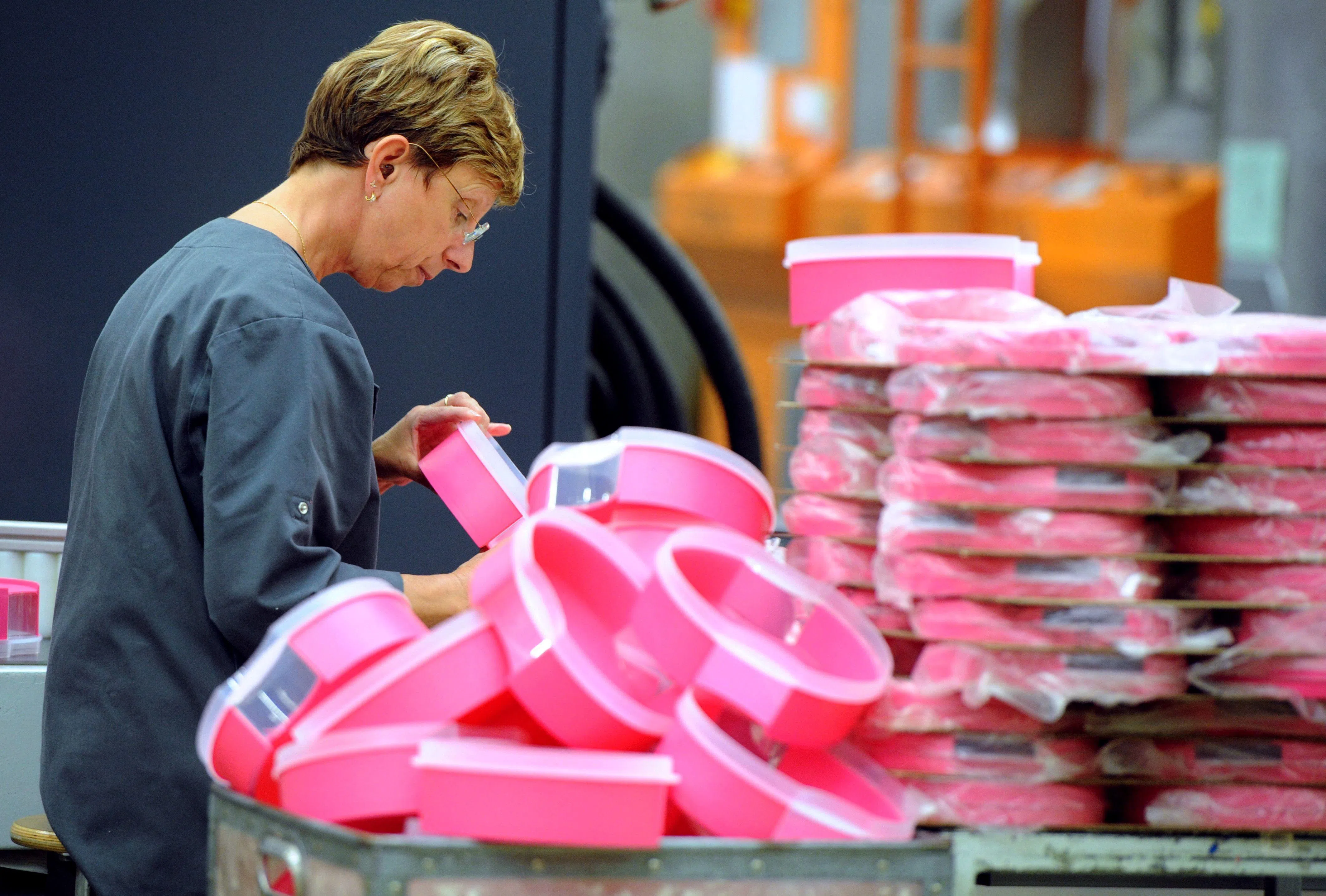UNTIL Tuesday (Oct 17), Tupperware had been a familiar, but fading, American brand, synonymous with storing leftovers in the fridge. Now, the name Tupperware itself stands to grow even more stale as lenders fight each other and the company in bankruptcy court.
Tupperware Brands filed for Chapter 11 protection on Tuesday in Wilmington, Delaware. The company plans to sell itself while still operating, according to court filings. In the meantime lenders owed about US$800 million are arguing over assets, one of which is the precious Tupperware brand.
Among other issues being hashed out is whether Tupperware should even try to restructure itself, or if a group of aggressive distressed-debt investors should simply foreclose on the brand, its inventory and other assets.
“Facing ever more urgent liquidity needs and continued operational stress, the company restarted marketing efforts for the third time after the Jul 4 weekend,” chief restructuring officer Brian J Fox said in court papers.
Tupperware’s business problems are not new, but have taken on new life in bankruptcy court as familiar distressed lenders including Stonehill Institutional Partners and Alden Global Capital have gotten involved.
Its revenue has been in a downward spiral for most of a decade, as the model of independent reps hosting “Tupperware parties” to sell goods, mostly in the suburbs, was upended by cheaper online options and cultural changes.
BT in your inbox
Start and end each day with the latest news stories and analyses delivered straight to your inbox.
Although Tupperware warned of a threat to its viability last year, the pandemic briefly lifted sales while people were stuck at home cooking more, then needing to store remnants. A meme stock frenzy last year also caused fleeting optimism around Tupperware’s future.
None of that solved its underlying decline, though, leading to bankruptcy this week. The filings show how the company and its backers kept trying to extend lifelines.
For instance, when Tupperware lifted restrictions on trading in its debt this summer, new players entered the fray in July. Investors including Stonehill and Alden bought out the majority of the company’s senior loans for as little as 3 US cents on the US dollar, according to filings.
SEE ALSO








